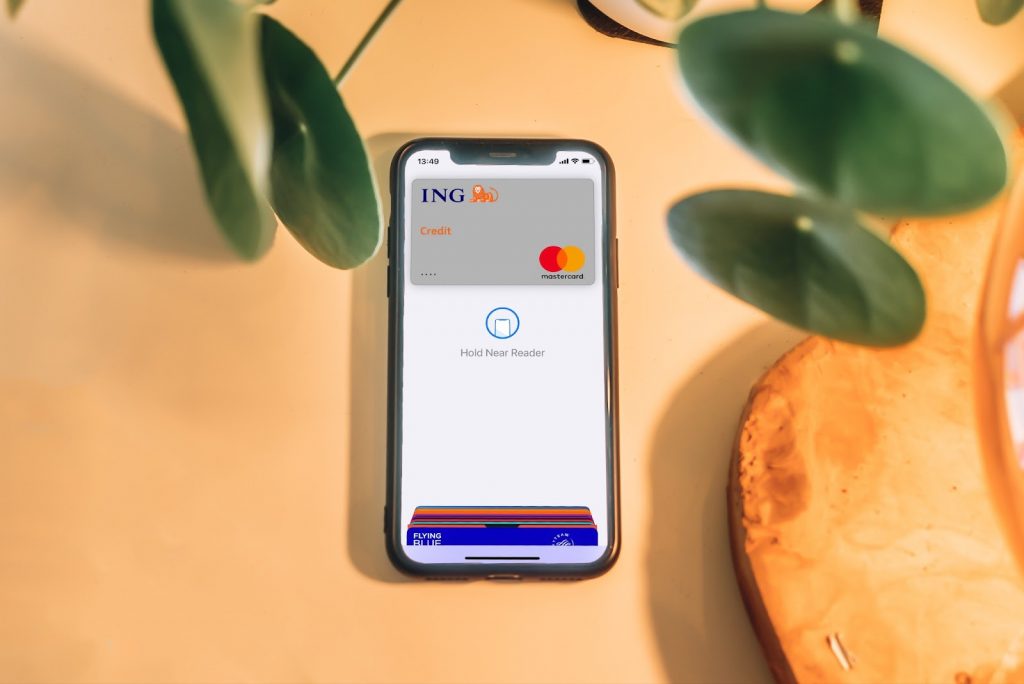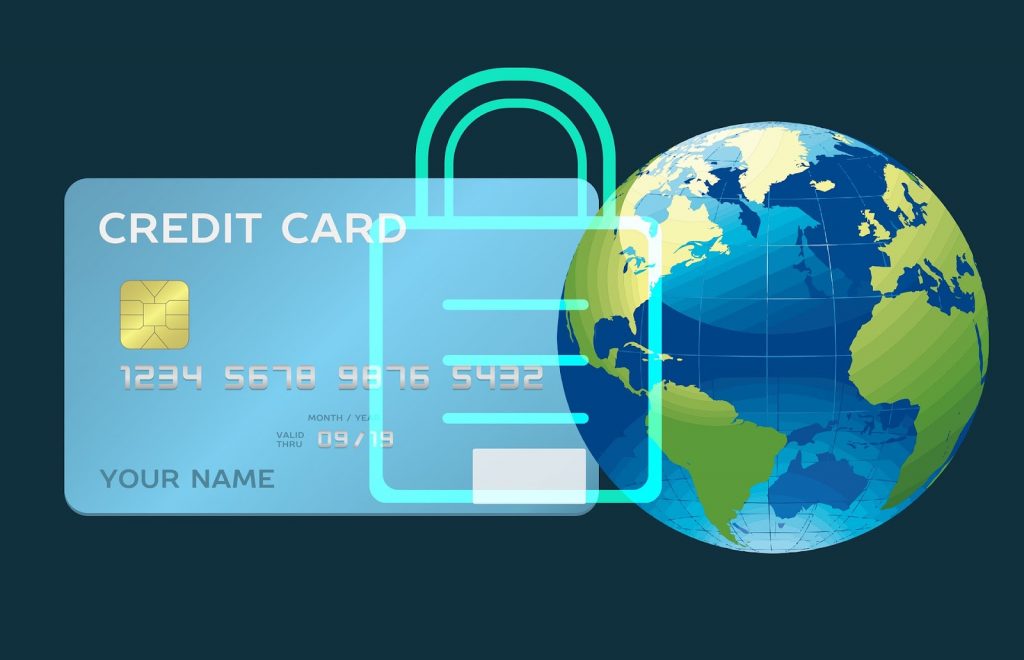What is an Online Payment Gateway?
An online payment gateway is a service that allows businesses and individuals to accept payments made through the internet, typically through credit cards, debit cards, and electronic checks. It acts as a virtual point-of-sale terminal, processing payment information securely and quickly, so that customers can purchase goods and services online.
Online payment gateways provide several benefits to businesses and customers alike. For businesses, they allow for faster and more efficient payment processing, increased sales, and reduced administrative costs. For customers, they provide a convenient and secure way to make purchases from anywhere with an internet connection.
Online payment gateways also must comply with strict security standards to protect customer data, such as the Payment Card Industry Data Security Standard (PCI DSS). This means customer data is usually encrypted to keep it as safe as possible during the transaction process.
How Do Gateway Payments Online Work?
Gateway payments are an essential component of online transactions, allowing businesses to process credit card payments from customers. This is how gateway payments online work:
- The customer initiates a payment. A customer selects a product or service to purchase and initiates a payment through the website or mobile app.
- Payment information is collected. The payment gateway collects the customer’s payment information, including their credit card number, expiration date, and CVV code.
- Payment information is encrypted. To ensure the safety of sensitive information, the payment gateway encrypts the customer’s payment details using SSL encryption. This encryption ensures that the data is protected from cyber threats and cannot be intercepted by unauthorized users.
- The payment is authorized. The payment gateway forwards the payment details to the payment processor, which verifies the payment and ensures that the customer’s account has sufficient funds to complete the transaction.
- The payment is settled. After authorization, the payment processor sends the payment to the acquiring bank, which then transfers the funds to the business’s merchant account.
- The transaction is completed. The business receives notification that the payment has been received, and the customer receives confirmation of their payment. The payment gateway also sends a confirmation to the customer’s bank, and the bank deducts the payment from the customer’s account.
In other words, payment gateways serve as the middleman between the customer, the payment processor, and the acquiring bank. By securely processing and authorizing payments, payment gateways enable businesses to accept payments from customers quickly and efficiently, while safeguarding the sensitive information of both parties involved in the transaction.

Is it Necessary to Have a Payment Gateway Online?
Yes, it is necessary to have a payment gateway online if a business wants to sell products or services through a website. Without a payment gateway, the business would have no way to process online payments, which would limit the ability to make sales.
Payment gateways make it possible to accept a wide variety of payment methods. By offering a variety of payment options, such as credit cards, debit cards, and digital wallets, businesses can provide their customers with a seamless shopping experience that meets their needs.
On top of facilitating transactions, a payment gateway can also provide important features such as fraud detection, chargeback management, and recurring billing. These features can help reduce the risk of fraudulent transactions and provide a more secure and reliable payment processing system.
Having a payment gateway online is essential for any business that wants to sell products or services through their website. It provides a secure and convenient way for customers to make payments, which can help a business build trust and increase sales.
Is it Possible to Use Multiple Payment Gateways?
Yes, it is possible to use multiple payment gateways on a website or e-commerce platform. Many businesses even choose to use multiple payment gateways in order to provide their customers with more options and flexibility when it comes to paying for products or services.
Using multiple payment gateways can also help to minimize the risk of payment processing issues, such as payment failures or declines. If one payment gateway is experiencing technical issues or downtime, customers can still complete their transactions using another payment gateway.
It is important to note that using multiple payment gateways can also add complexity to the payment processing system and increase the risk of errors or mistakes. It may also require additional setup and maintenance costs, resulting in the business spending more money.
Businesses should carefully consider their needs and goals before deciding if using multiple payment gateways is right for them. They should also ensure that the payment gateways they choose are compatible with their website or e-commerce platform and that they comply with applicable laws and regulations regarding payment processing.

Factors to Consider When Choosing an Online Payment Gateway
When it comes to choosing an online payment gateway for a business, there are several factors that should be considered. By considering the following factors, it will be easy to choose an online payment gateway that meets the needs of the business.
Security
Security should be top priority when choosing an online payment gateway for a business. Look for a gateway that is PCI-compliant, uses advanced encryption technology, and has strong fraud detection measures in place.
Cost
Always make sure the chosen payment gateway fits in the budget of the business. Online payment gateways typically charge fees for each transaction, so it’s important to understand their fee structure and how it will impact the business. Look for a gateway that offers transparent pricing and reasonable fees that won’t stretch the business too thin financially.
Ease of Use
The payment process should be seamless and easy for customers to use. Look for a gateway that offers a user-friendly interface and a range of payment options, allowing customers to use their preferred payment method.
Integration
The payment gateway should integrate smoothly with the business’s existing website or e-commerce platform. Look for a gateway that offers easy integration options and provides support for the specific platforms used.
Customer Support
In case of any issues or needed assistance with the payment gateway, it is crucial to have reliable customer support. Look for a gateway that provides support via multiple channels, such as phone, email, chat, or social media, and has a good reputation for customer service.
Reputation
Look for a payment gateway with a good reputation in the industry. Read reviews and do research to ensure that the gateway the business chooses is reliable and trustworthy.
International or Recurring Payments
If the business plans on operating internationally, it is important to choose a payment gateway that can handle these transactions. Not every payment gateway has the ability to process international transactions.
This is also true for recurring payments. If the business offers recurring payments for customers, it is important to choose a payment gateway that can process them safely and securely.
Benefits of Using an Online Payment Gateway
When it comes to using a new business tool, it is important to understand exactly what that tool can do to help your business. Using an online payment gateway can help a business out in so many different ways.
Some benefits of using an online payment gateway include:
- Convenience. Online payment gateways offer convenience to both merchants and customers by allowing them to make and receive payments from any location, at any time, and using any device with internet access
- Increase sales. By offering multiple payment options and making the checkout process seamless, online payment gateways can help increase sales and reduce cart abandonment rates
- Security. Online payment gateways use advanced security features such as encryption, tokenization, and fraud detection tools to protect sensitive information and prevent unauthorized access to customer data
- Faster transaction processing. Online payment gateways can process transactions in real-time, which means that funds are transferred from the customer’s account to the merchant’s account within seconds, making it a faster and more efficient payment method
- Lower costs. Online payment gateways can help reduce the costs associated with manual payment processing, such as the time and labor required to process payments and the risk of human error.
- Quick and easy access to data. Online payment gateways provide merchants with valuable data on customer spending patterns, which can help them make informed decisions on product offerings, pricing, and marketing strategies.

Start Using a Bankful Payment Gateway Online Now!
Bankful offers a flexible payment gateway online that has all the features your business needs! Head over to check it out now.

